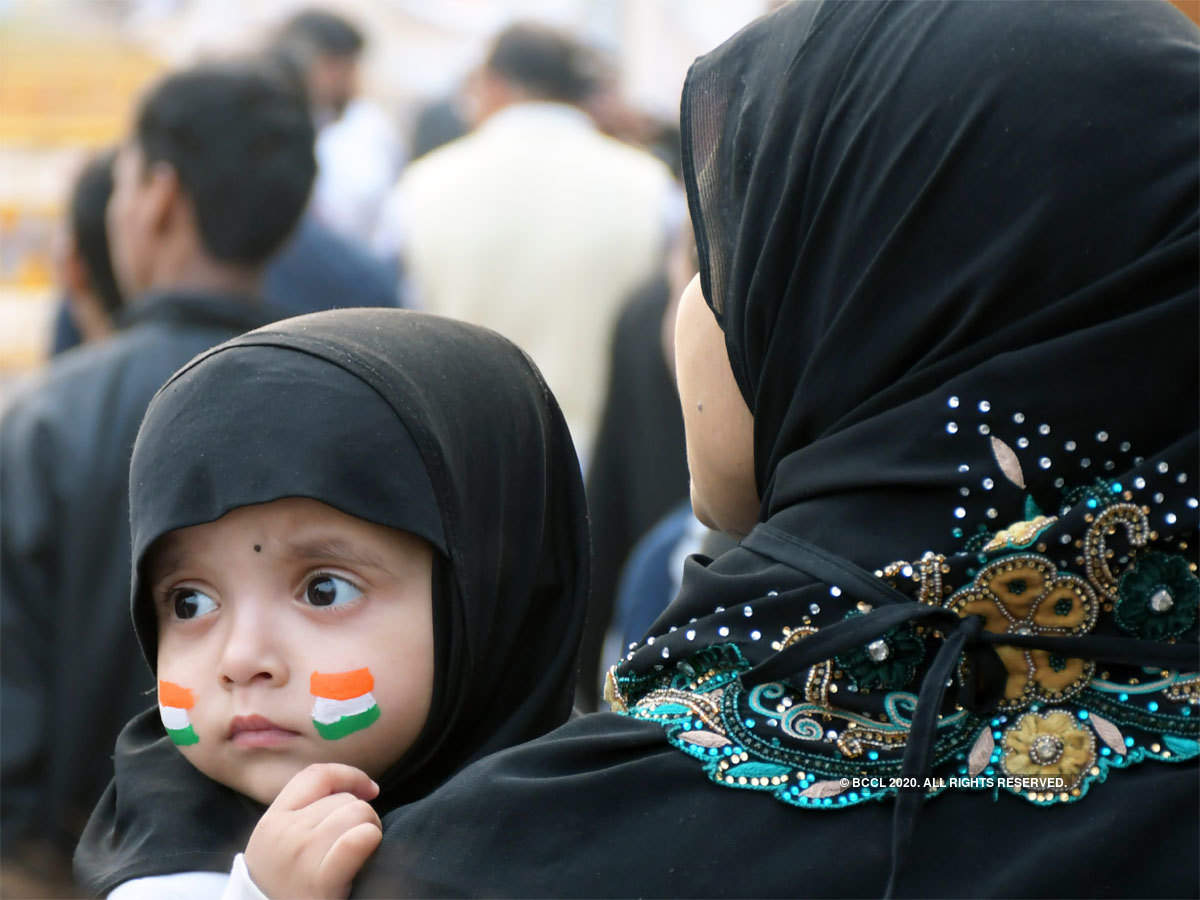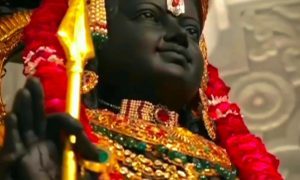The Citizenship (Amendment) Act (CAA) has prompted many Afghan and Rohingya Muslim refugees to convert to Christianity so as to become eligible for Indian citizenship, central agencies have alerted the government, according to people with knowledge of the matter. Nearly 25 such cases of Afghan Muslims converting to Christianity have been flagged by the agencies as part of an ongoing assessment, they said.
The legislation, which was passed by Parliament last year and came into existence on January 10 this year, allows non-Muslim migrants from Afghanistan, Bangladesh and Pakistan to apply for Indian citizenship. The Union home ministry has yet to notify the rules for CAA 2019.
Adib Ahmed Maxwell, who heads an Afghan church in south Delhi, told ET: “Post CAA, there has been a spurt in the number of Afghan Muslims wanting to convert to Christianity.”
Maxwell, 34, came to India at the age of 21. His parents follow Sunni Islam and live near Kabul in Afghanistan. “Most Afghans apply for asylum under the United Nations High Commissioner for Refugees (UNHCR),” he said.
According to official data, there are 150,000-160,000 Afghan Muslims living in Delhi, mainly East of Kailash, Lajpat Nagar, Ashok Nagar and Ashram. The community recently helped Indian agencies locate Afghan Sikh Nidan Singh Sachdeva, who was kidnapped by Taliban militants from Paktika province in eastern Afghanistan. Singh had gone to perform community service at a gurudwara in Afghanistan.
Besides, official estimates suggest there are nearly 40,000 Rohingya Muslims across India, with the highest number in Jammu and Kashmir. A large number of these migrants have been residing in India prior to 2012 and are now claiming to be from Bangladesh while taking up Christianity.
Inquiry Required: Pastors
Rohingyas are from Rakhine province in Myanmar and started migrating to India in late 2011 following persecution by Myanmar armed forces.
“We have been following the Protestant mission with support of several churches in India,” said Aziz Sultani, a member of the Afghan church.
In the past six years, 4,000 people from Afghanistan, Bangladesh and Pakistan have been granted Indian citizenship. About 14,864 Bangladeshi nationals were also granted Indian citizenship after India incorporated more than 50 enclaves of Bangladesh into its territory following the boundary agreement with Bangladesh in 2014, according to the home ministry.
The six minority communities – Hindus, Sikhs, Buddhist, Parsis, Jains and Christians – from the three neighbouring countries are eligible to apply for citizenship on the grounds of religious persecution, as per the amended Act. However, the law has a cut-off date of December 31, 2014, which means only those who migrated to India before that are eligible.
Officials said the CAA can be exploited by those who are either rejected for asylum by UNHCR or are refugee Muslims who came to India before the cut-off date. “Applications of 20-25% of refugees from Afghanistan get rejected, after which they can file an appeal,” said a government official, who did not wish to be identified.
The Afghan pastors support the CAA but are of the view that the government should bring some safeguard against those converting to Christianity from Islam.

“An inquiry should be conducted into every application followed by an endorsement from the church for Afghans,” suggested Maxwell, adding that those willing to convert to Christianity from Islam are never forced. “The church allows us to study, pray and attend classes on the preaching of Christ. Once the family has taken a decision, we have to sign an affidavit and undergo baptism,” said Ghulam Sakhi, who is among those who converted to Christianity. The second reason for converting to Christian. The second reason for converting to Christianity, he said, was easier migration to Canada and European countries with the help of UNHCR.
Source: The Economic Times




























 WhatsApp us
WhatsApp us
Pingback: https://www.buoyhealth.com/blog/health/phenq-reviews
Pingback: poppenhuis
Pingback: jarisakti